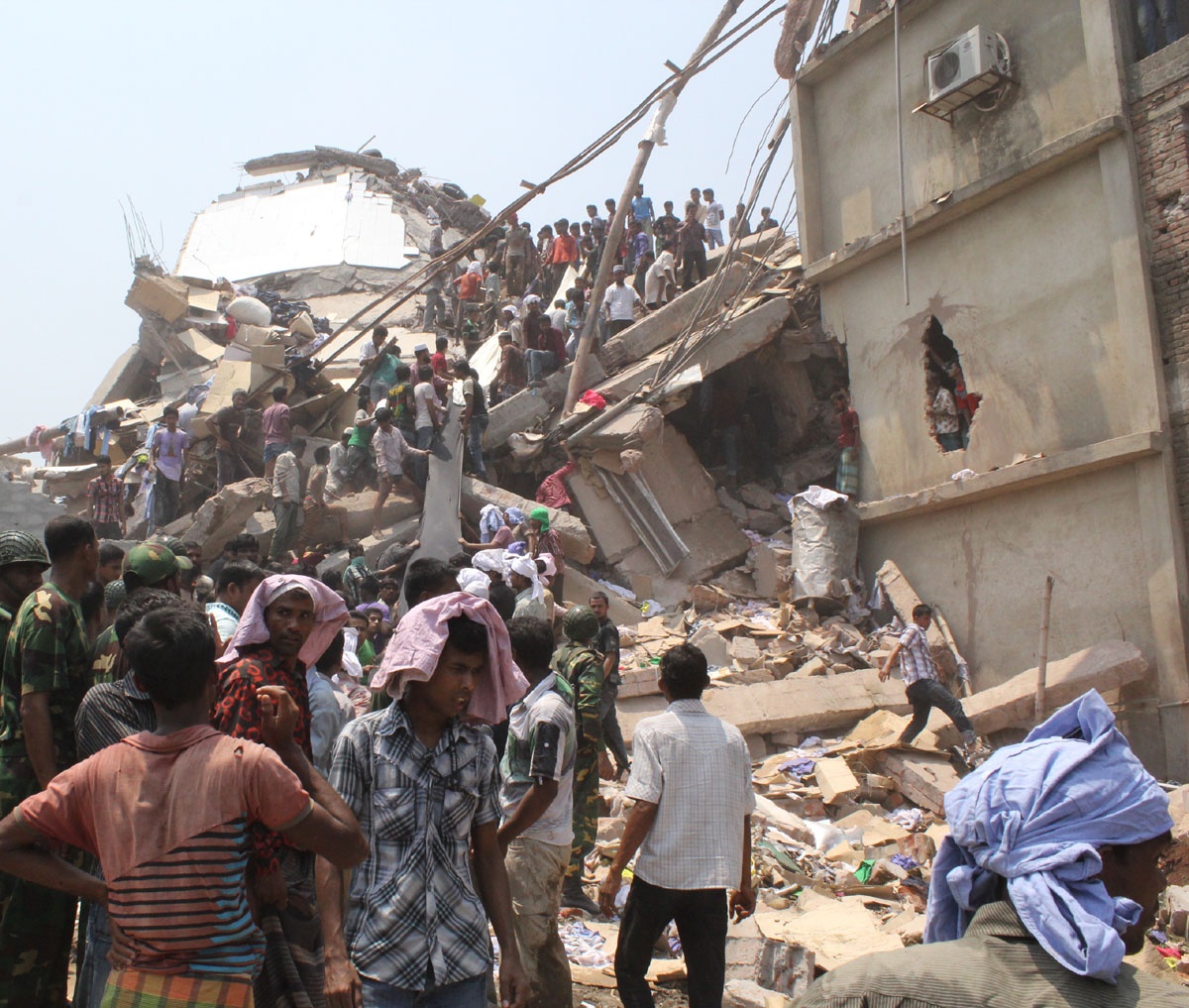17 October, 2017A unanimous decision by an arbitral tribunal in The Hague bolsters the legally-binding enforcement mechanisms of the Bangladesh Accord on Fire and Building Safety. The ruling, announced last night, allows complaints lodged by IndustriALL and UNI against two leading fashion brands to proceed to the next stage of arbitration, where they will be judged on their merits.
These cases represent the first tests of the Bangladesh Accord’s ground-breaking accountability structures.
For any brand that isn’t in compliance, this decision sends a message that they cannot shirk their responsibilities to worker safety,
says Jenny Holdcroft, Assistant General Secretary of IndustriALL Global Union.
The claims against the global brands include that they failed to require suppliers to remediate facilities within the mandatory deadlines imposed by the Accord and failed to negotiate commercial terms to make it financially feasible for their suppliers to cover the costs of remediation.
The PCA has required that the names of the brands remain confidential.
The decision was reached by arbitrators appointed by the unions and the brands, and the process is administered by the Permanent Court of Arbitration. A thorough, technical explanation of the claims and the Permanent Court of Arbitration can be found in the PCA’s press release.
The legally-binding nature of the Accord is a central pillar of its effectiveness, and this decision is a win for worker safety and for accountability in Bangladesh’s garment industry,
says Christy Hoffman, Deputy General Secretary of UNI Global Union.
The Bangladesh Accord, signed in 2013 after the Rana Plaza industrial disaster, covers 2.5 million workers in Bangladesh’s ready-made garment factories It is the first agreement with a legally-binding mandate requiring fashion brands to help their contractors eliminate fire and structural safety issues.
So far, the Accord’s inspectors have completed fire and building safety reviews at 1,800 facilities which supply more than 200 signatory brands. Accord engineers have identified over 118,500 fire, electrical and structural hazards at these factories.
Nearly 80 per cent of workplace dangers discovered in the Accord’s original round of inspections have been remediated, and 500 Accord factories have completed 90 percent or more of the necessary fixes.
A second Accord was signed in June of this year. It goes into effect when the original agreement expires in May 2018 and extends the Accord’s protections until 2021.
